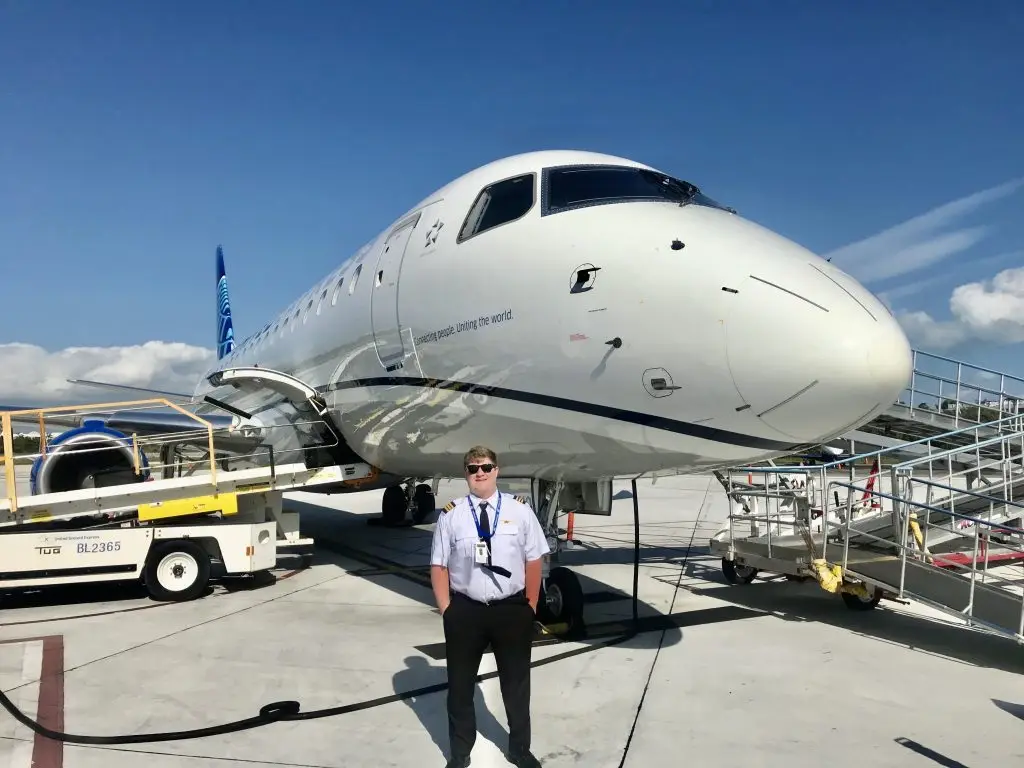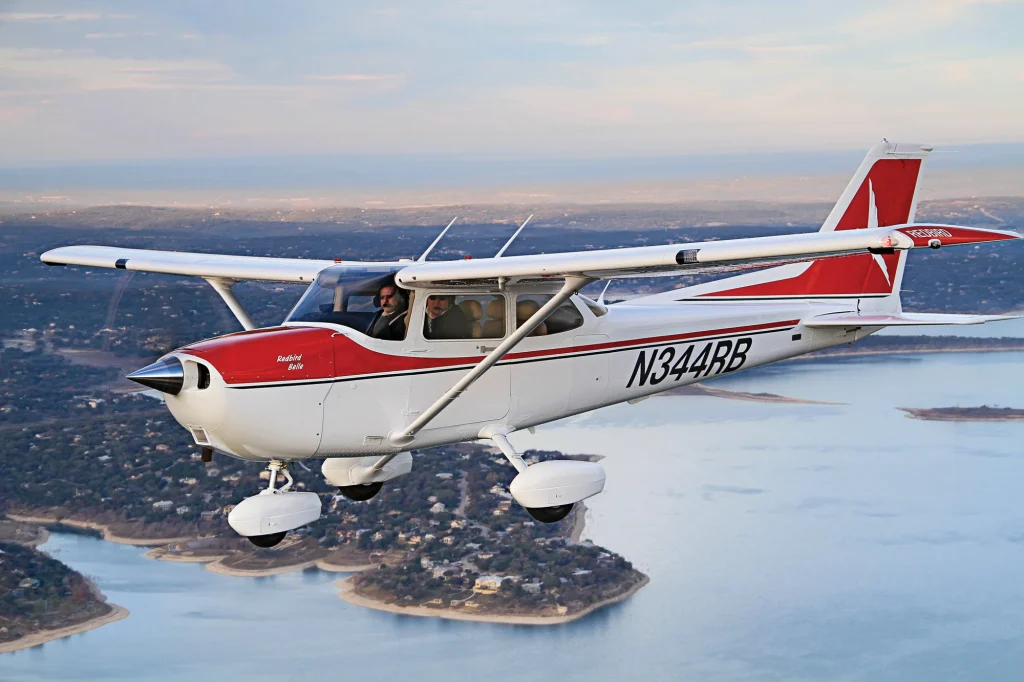
Welcome to this week’s edition of “Clearance to Fly.” Aircraft ownership comes with significant responsibilities, and perhaps none is more critical than ensuring your aircraft receives proper maintenance. Selecting the right maintenance provider isn’t just about convenience, it’s about safety, reliability, and protecting your investment. The shop you choose will directly impact your aircraft’s performance, airworthiness, and your overall ownership experience.
Understanding Your Aircraft Needs
Before you begin your search for a maintenance shop, understand what your aircraft requires. Different aircraft have different engines and systems: turboprop, turbojet, turboshaft, and radial engines all have unique maintenance requirements. Identifying your specific aircraft type and its maintenance needs is the foundation upon which your selection process should be built.
You wouldn’t take a Ferrari to a Ford dealer for maintenance. Similarly, your aircraft deserves technicians specifically trained in your make and model.
Key Factors in Selecting a Maintenance Shop
Expertise
The most important factor when choosing a maintenance provider is their expertise with your specific aircraft. A shop may handle multiple makes, but what matters is whether they have invested in training their staff on your particular model.
Many maintenance issues stem from technicians lacking specialized knowledge of certain aircraft systems. For piston aircraft especially, this specialized knowledge can make the difference between a quick, accurate diagnosis and costly trial-and-error troubleshooting.
Look for shops that have a solid track record with your aircraft type. During your initial meetings, ask how many similar aircraft they service and whether their technicians have received factory training for your model.
Licenses and Certifications
A reputable maintenance shop should readily demonstrate their certifications. At minimum, you want a shop with properly licensed A&P mechanics, but for more complex aircraft, you might want to ensure they have mechanics with Inspection Authorization (IA) credentials.
Many quality shops will have FAA certification as an approved repair station (Part 145), which indicates they meet higher regulatory standards. This becomes particularly important for complex maintenance operations or when dealing with avionics installations.
Ask potential shops to show their repair station licenses and any additional certifications relevant to your aircraft. The right credentials provide assurance that the shop adheres to industry standards and regulatory requirements.
Reputation and Experience
The aviation community is relatively small, and word travels fast about maintenance quality. Leverage this by conducting thorough research on any shop you’re considering.
Start by talking to fellow pilots, especially those who own the same or similar aircraft. Type clubs and online forums can be invaluable resources for unfiltered feedback. Look for Google reviews and social media comments about the shop, but don’t stop there, contact previous customers directly if possible.
Also consider the shop’s longevity. A maintenance provider that has been in business for many years has likely built a sustainable operation based on quality work and customer satisfaction.
Communication and Transparency
Perhaps the most common complaint about maintenance shops is poor communication. A professional shop should never surprise you with unexpected bills or extended downtimes.
During your initial conversations, evaluate how the shop handles estimates and work authorization. The shop should provide written estimates before beginning any work and contact you for approval if they discover additional issues that would increase costs.
As one source emphasized, “A professional shop will never surprise an owner with a bill. The owner will know what is coming and have expressly approved the work and the estimate ahead of time.”
Proximity and Convenience
While quality should never be sacrificed for convenience, the practical aspects of your shop’s location matter. Consider:
- How easily can you get to the shop when your aircraft is down for maintenance?
- Will you need to make multiple trips for drop-off, consultations, and pickup?
- What arrangements will you need for transportation after dropping off your aircraft?
Many aircraft owners have found themselves in logistical binds when their maintenance shop is hundreds of miles away and unexpected issues arise. A reasonably close shop can save considerable time and hassle, especially for routine maintenance.
Establishing a Working Relationship
Successful aircraft maintenance is a partnership between owner and technician. Under FAR 91.403, you are ultimately responsible for ensuring proper maintenance, while your technician puts their license and reputation on the line with every logbook entry.
To foster this partnership:
- Prepare a detailed list of maintenance needs before scheduling service.
- Discuss your priorities and timeline expectations upfront.
- Keep communication channels open throughout the maintenance process.
- Be responsive when the shop contacts you about discoveries or decisions.
Proactive planning prevents many common maintenance frustrations. For example, scheduling inspections well in advance gives the shop time to order necessary parts and allocate appropriate resources, reducing your aircraft’s downtime.
Work with your maintenance provider to develop a comprehensive work list that includes parts costs, labor rates, estimated completion time, and warranty details. This transparency establishes clear expectations for both parties.
Long-Term Maintenance Strategies
Planning and Scheduling
Foresight is crucial in aircraft maintenance. The best owners work with their shops months ahead of scheduled inspections or other recurrent maintenance needs.
As one maintenance professional noted, “Waiting until the last minute to drop the airplane off for required work is a sure way to incur higher costs and possible delays.” By planning ahead, you give your shop time to order parts, allocate labor, and complete the work efficiently.
Consider consolidating maintenance activities when possible. If your aircraft will already be down for an annual inspection, that might be the ideal time to complete avionics upgrades or other improvements, minimizing total downtime.
Record Keeping
Aircraft maintenance records directly impact your aircraft’s value and airworthiness. Protect these vital documents by:
- Keeping electronic copies of all maintenance logs.
- Storing original logbooks in a secure location away from the shop.
- Ensuring the shop provides proper endorsements on stickers for your logs.
Some owners have learned this lesson the hard way after shops lost or damaged their original logbooks. A reputable shop will understand your concern about logbook security and accommodate your record-keeping preferences.
Conclusion
Selecting a reliable aircraft maintenance shop requires diligence, but the effort pays dividends in safety, reliability, and value preservation. Look for shops with specific expertise in your aircraft, proper certifications, strong reputations, clear communication practices, and convenient locations.
Remember that aircraft maintenance is a relationship built on trust and communication. The best maintenance experiences occur when owners and technicians work together toward the common goal of keeping aircraft safe and operational.
By carefully vetting potential shops and establishing clear expectations, you can develop a maintenance relationship that enhances your ownership experience rather than detracts from it. Your aircraft represents a significant investment, both financially and emotionally, and deserves maintenance providers who will treat it with appropriate care and expertise.

Keller Laseter, Chief Commercial Officer, FLYING Finance
Bringing over 10 years of aviation experience and multiple years in finance, Keller Laseter combines both of those skills to be FLYING Finance’s CCO. His leading knowledge in all categories and classes of fixed wing aircraft helps guide you through the finance process with ease and will leave you knowing you’re in great hands. Keller holds type ratings in the Beechjet 400A/XP/NXT, Embraer E-175 and has many hours in King Airs, along with other high-performance aircraft. Throughout his career, he’s had the opportunity to enjoy the world of aviation and many different operations. As an ATP, CFI, and CFII, aviation is in his blood.

